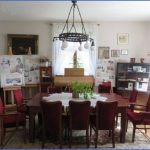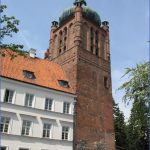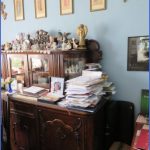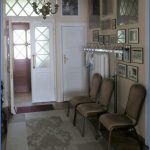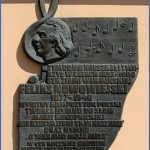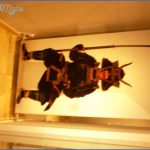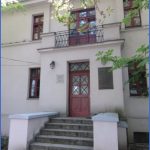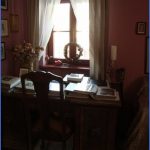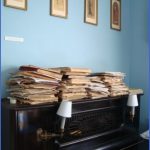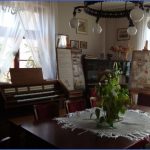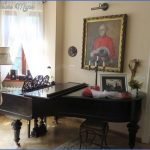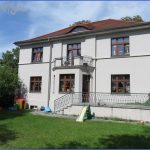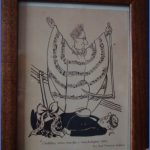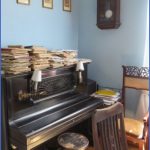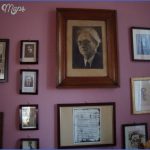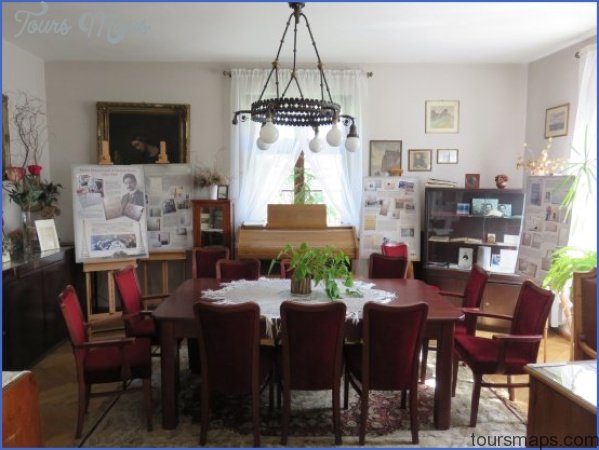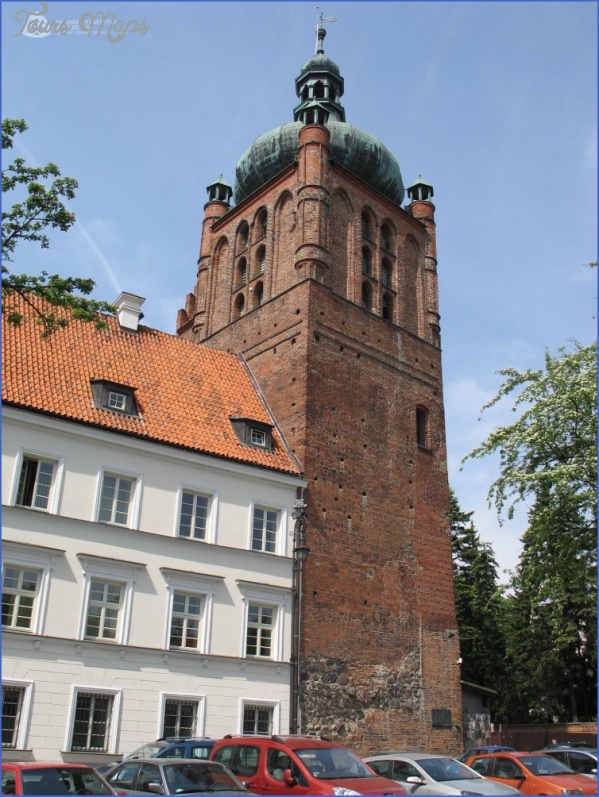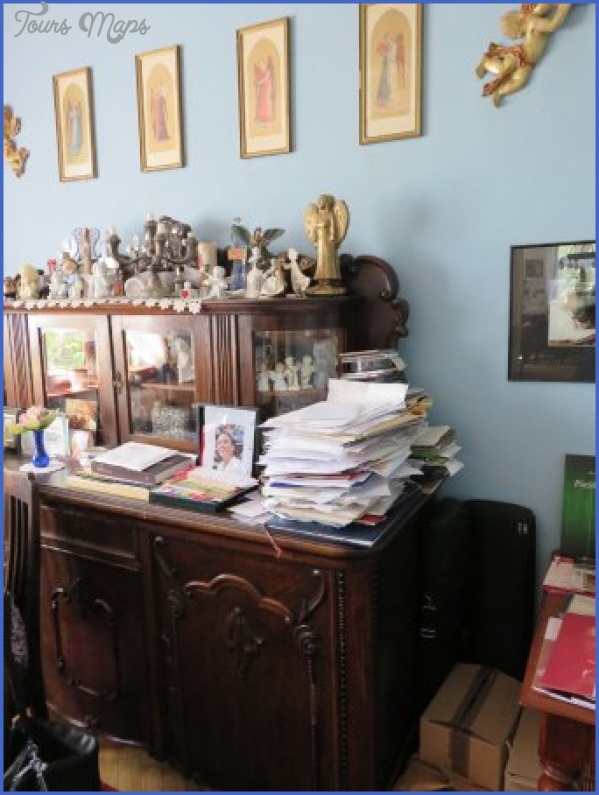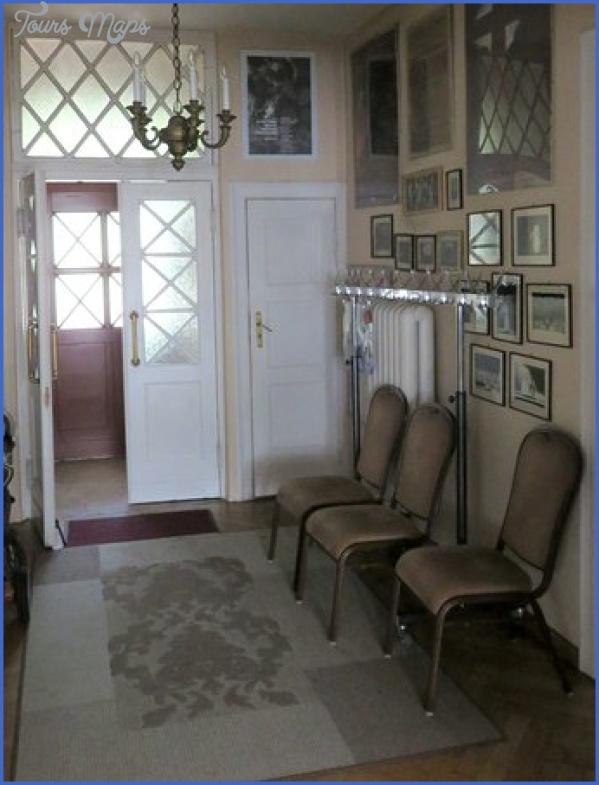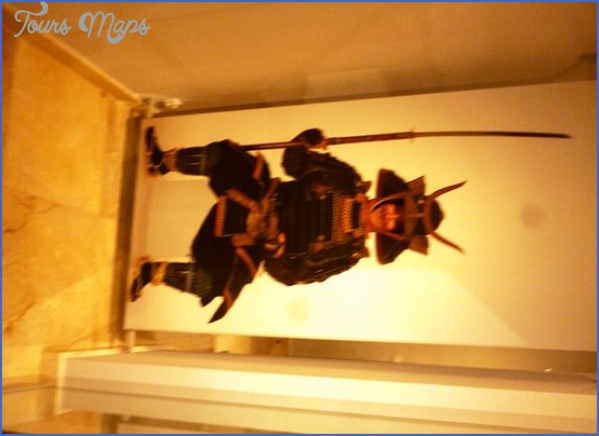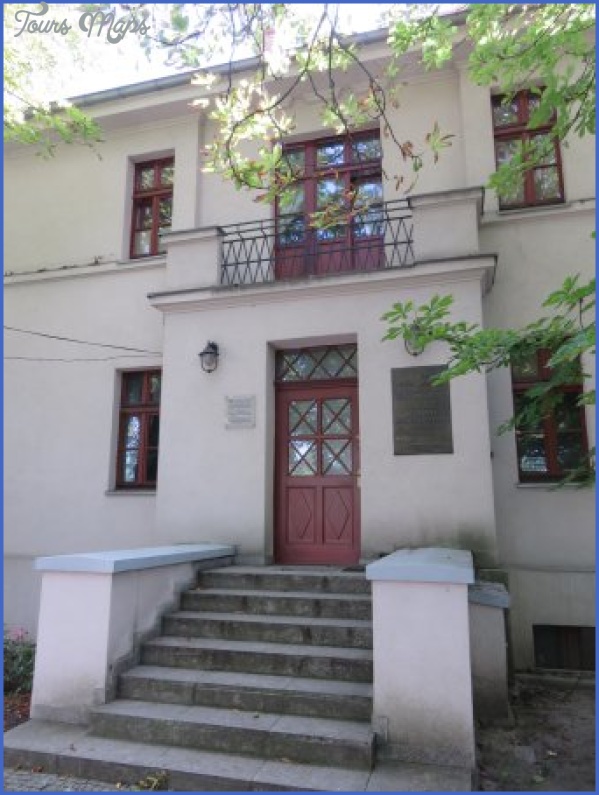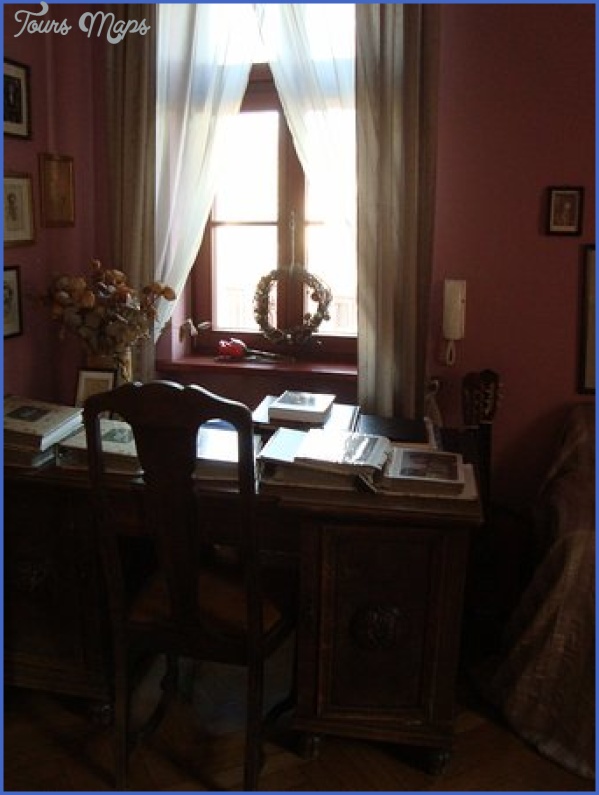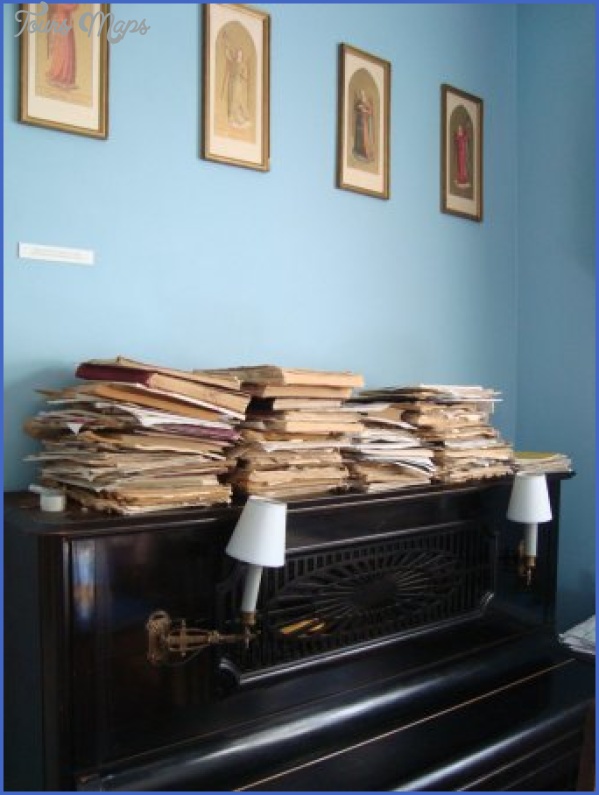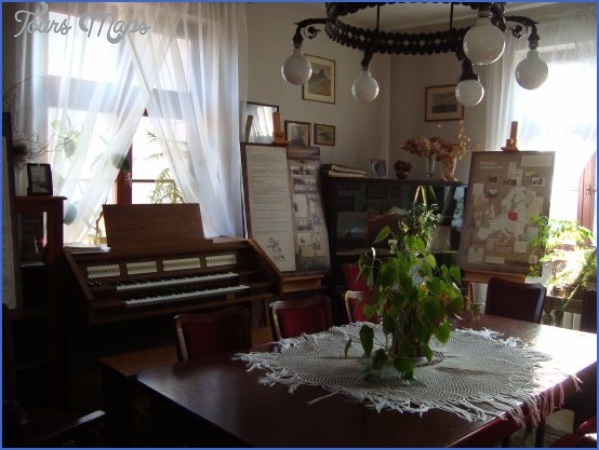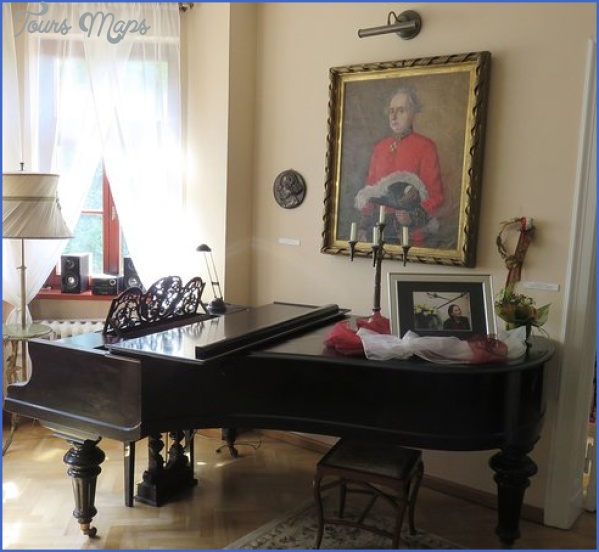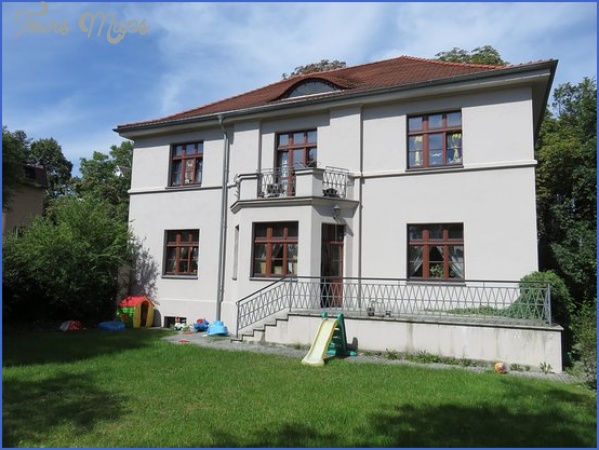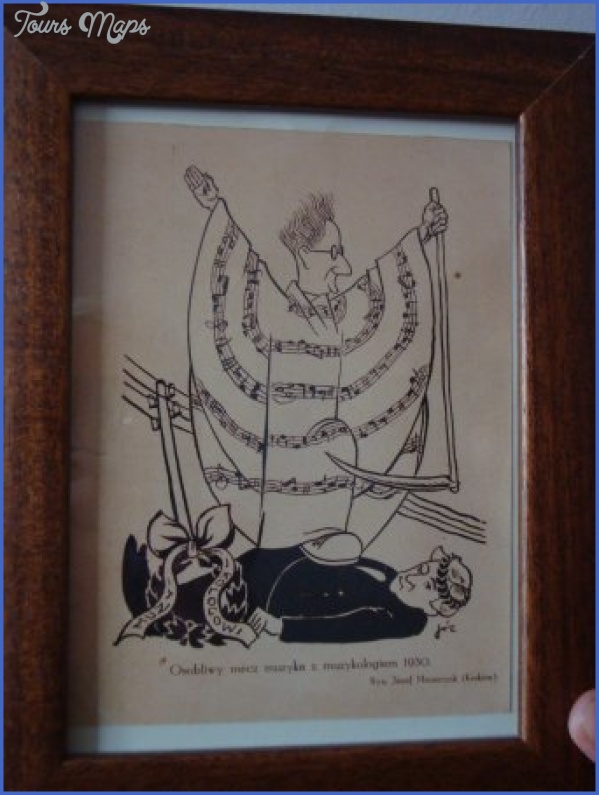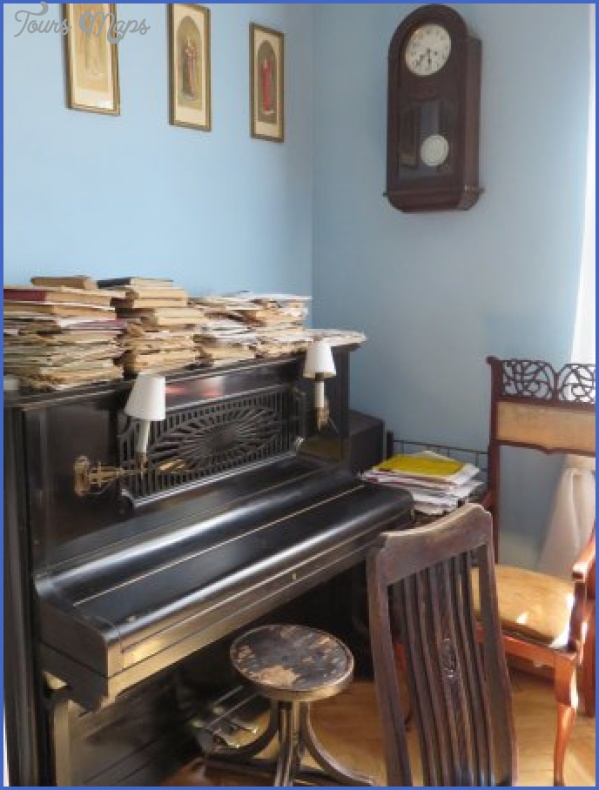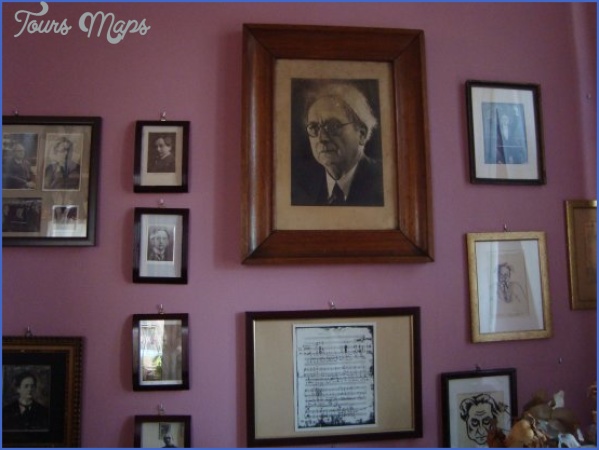NOWOWIEJSKI MUSEUM
In a small town in northern Poland once known as Wartenburg, but now as Barczewo, the composer Feliks Nowowiejski was born in 1877. The fifth of eleven children of a tailor, he first showed musical talent as a pianist; at the age of ten he was sent to the Jesuit school at nearby Olsztyn, and from there to Berlin, Regensburg and Prague. After a successful career abroad as a composer, organist and conductor, he returned to Poland, settling in Poznan, where he died in 1946.
NOWOWIEJSKI MUSEUM Photo Gallery
Today Barczewo proudly honours its favourite son, with a small municipal museum, founded in 1961, and a larger-than-life bust in the grounds of the local secondary school. The museum displays occupy four rooms on the first floor, over a doctor’s surgery, in the building in which Nowowiejski was born. Two contain furniture brought from his home in Poznan, which includes his Viennese piano (a Stingl), his felt-top desk and glass-fronted bookcase (still stuffed with books and scores), and several drawingroom pieces. The strength of the collection is its iconography: photographs, portraits and busts that chronicle his lifetime, from the family group portrait in which he is seen proudly clutching his copy of Mozart sonatas, to the genial, dignified images later captured in oil.
Through Nowowiejski’s heirs the museum has also acquired music (his autographs are preserved in Warsaw) and programmes for many of the early performances of his popular oratorio Quo Vadis (1903) and his opera Legenda Baltyku (1924), as well as sheet music that includes patriotic partsongs. His tailcoat, a medal pinned to the lapel, hangs in a glass case next to another displaying his death mask and the Darowany Prezez certificate and laurel wreath he received in 1914. Small-scale chamber music concerts are occasionally given in the museum.
Maybe You Like Them Too
- Explore Doncaster, United Kingdom with this detailed map
- Explore Arroyito, Argentina with this Detailed Map
- Explore Belin, Romania with this detailed map
- Explore Almudévar, Spain with this detailed map
- Explore Aguarón, Spain with this detailed map

